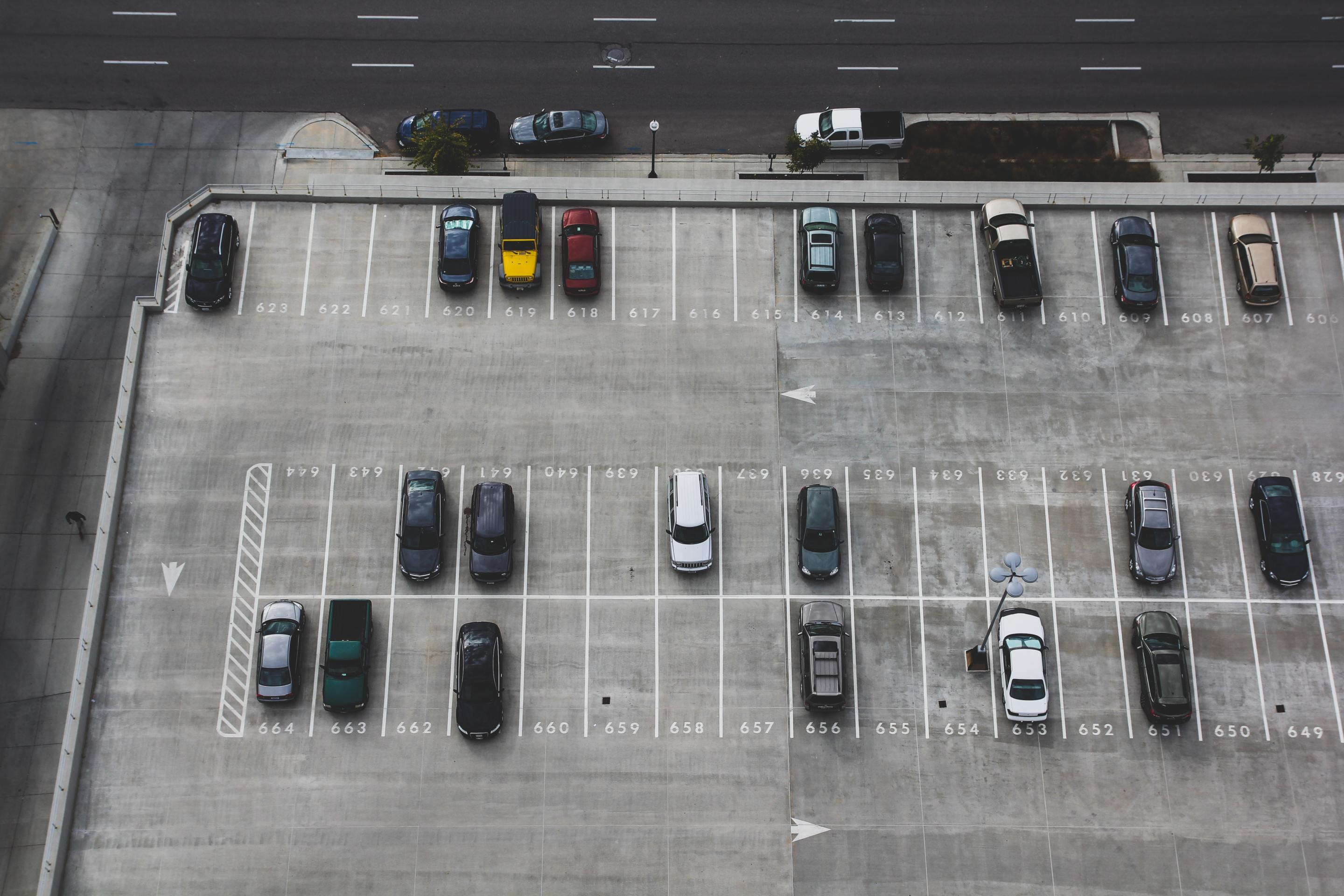The latest edition of the influential Carbon Majors Report recently declared that just 57 corporations are the ones “responsible for the lethal heat, extreme weather, and air pollution that is threatening lives and wreaking havoc” on global communities by emitting a shocking 80 percent of global CO2 since the 2016 Paris agreements.
Of course, the companies themselves didn’t do most of the emitting — you and I did. But that’s not what you’d think judging from the way people talk about this study.
This isn't true lol. The carbon majors report does not say that. Come the fuck on, Greenpeace https://t.co/oDC63A4kVw
— Cooch E. Hertz (@bunnysnack) April 23, 2024
Since it was first released in 2013, the Carbon Majors Report has raised front-page alarm bells about the dangers of “direct production-linked operational emissions” from the entities that pump our oil and manufacture our cement. This year, they’ve devoted multiple, painstaking pages to analyzing the climate impact of “flaring” at natural gas production facilities and “fugitive methane emissions” from coal plants, which some media outlets seem to have taken to mean that it’s the industrial byproducts of fossil fuel production that are actually cooking our planet.
Buried 10 pages into the report, though, is a quiet side note clarifying that “nearly 90 percent” of total pollution tracked by the database actually came from “Scope 3 Category 11 emissions, corresponding to use of sold products.”
That is an extraordinarily opaque way of saying that people who buy fossil fuels are overwhelmingly the ones “responsible” for burning them — even if the “57 companies” were the ones who sold them.
News is, happy earth day! Passé meme to remind you corporations are responsible for the majority of climate change (but that doesn't mean individual actions don't matter) xoxo pic.twitter.com/IsixnCPakQ
— Mallory Richards (@news_from_mal) April 22, 2021
To be clear: the corporations and nation-states that increasingly dominate extractive industries absolutely bear an outsized responsibility for our climate crisis, not least for the more than $125 million the oil and gas industry spent on lobbying our government in 2022 alone.
We shouldn’t give a free pass, though, to the elected officials who allowed themselves to be influenced by those lobbyists, to the universe of appointed government leaders who are all too happy to commit climate arson, or even to the people who voted for those corrupted leaders, or did not otherwise resist the structural forces that result in virtually everyone in the U.S. individually polluting more than we should.
Or, to put it another way: those “57 companies” aren’t actually as powerful as they seem – and collectively, we have a hell of a lot more power to make change, at least if we decide to use it.

The convenient notion that “57 companies” are the real culprit for climate change particularly invisibilizes the role that car dependency is playing in the crisis — and what, exactly, it will take to undo it.
Put simply, virtually all of the industries implicated in the Carbon Majors Report are made richer the more exclusively our communities come to rely on private automobiles. A full two-thirds of U.S. oil sold is poured directly into the gas tanks of our cars and trucks, not burned up by moustache-twirling executives bent on eviscerating the ozone layer by themselves. The more we build interstates to “speed up” our commutes and parking lots to store our SUVs, the more we drive up national demand for cement, which is the single most-polluting industry the Carbon Majors authors list. And when we build our world around cars rather than the density required to support great transit and walkable neighborhoods, it enables us to build inefficient McMansions and sprawling business parks on the edge of town that all too often burn coal and natural gas to supply their power and heat.
The intersecting structures of power that drive America towards car dependency are so massive and diffuse that they probably won’t show up on the Carbon Majors Report anytime soon. But they deserve a spot on the list every bit as much as China, Saudi Aramco and Chevron.
If we reject the idea that “57 companies” are almost exclusively responsible for climate change, though, we can start to recognize our power to fight back — and we can start to build up that power even more.
We can demand safe, accessible streets and great transit networks that give us real alternatives to guzzling gas, even if we can’t afford (or can’t ignore the other downsides of) an electric car. We can elect leaders that recognize the power of dense land use to decarbonize our cities and stop actively incentivizing the construction of endless interstates and inefficient cement monstrosities at the edge of town. We can demand accountability from transportation leaders who prioritize throughput and level of service over the very future of our planet.
And while shrinking our individual “carbon footprints” alone certainly won’t save the world — and that responsibility certainly cannot be asked of the least advantaged — many of us do have far more privilege and power to reduce emissions in our everyday lives than we admit. Many of us can walk, or roll, or share rides whenever we possibly can, rather than shrugging at how quickly we believe those actions will be dwarfed by a few dozen moneyed special interests.
If we can’t resist tidy narratives about “57 companies,” though, let’s at least ask ourselves what we can do to build collective power to oppose their influence, rather than just surrendering to eco-despair and making another meme.
The post How the Myth that ‘100 Companies’ Are Responsible for Climate Change Hides the True Impact of Automobility appeared first on Streetsblog California.





